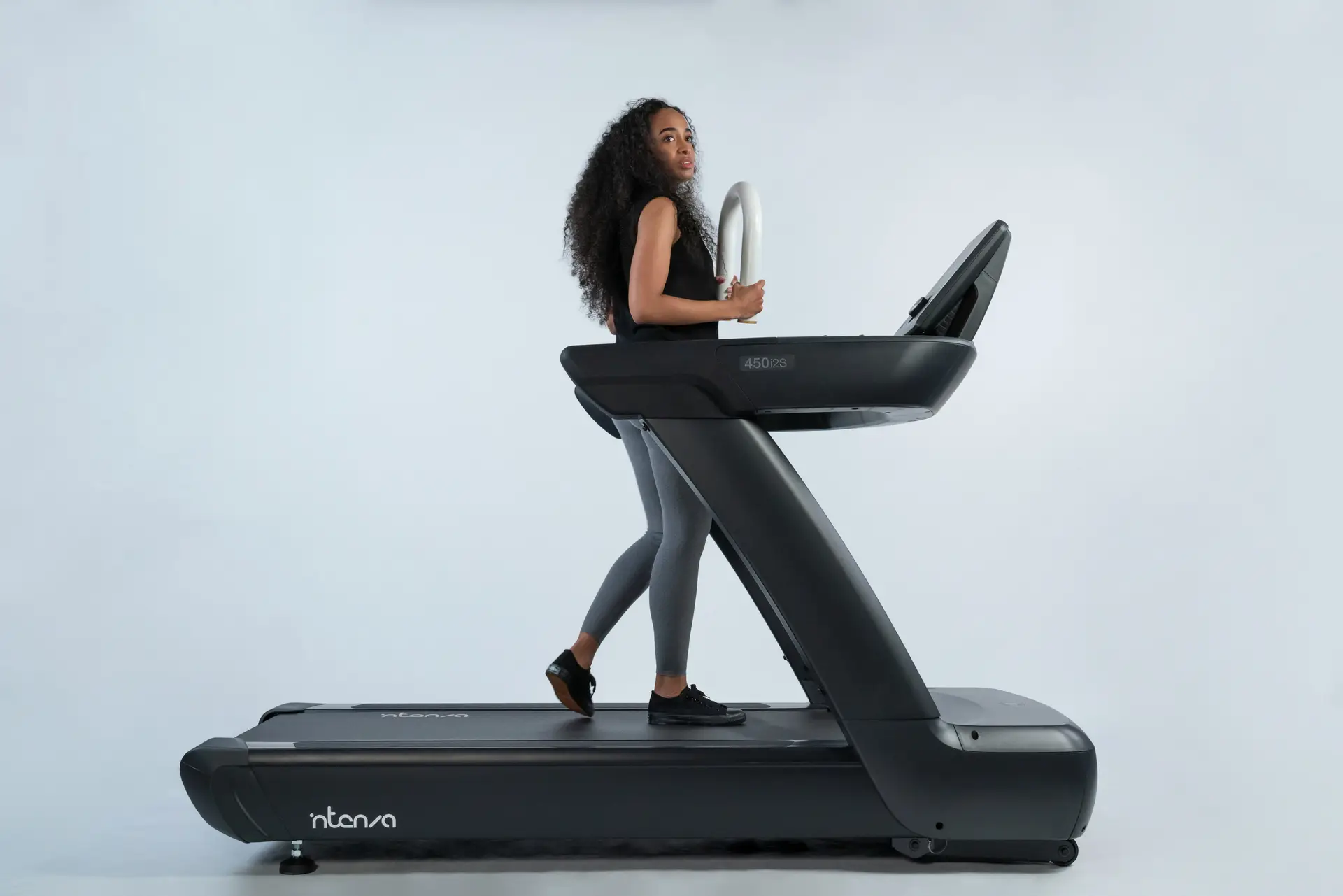The impact of walking pads on mental health: Exploring their benefits
In today’s fast-paced society, mental health concerns have reached alarming levels, with anxiety and depression becoming increasingly prevalent. While various treatments exist, there is a growing interest in integrating physical activity as a method to improve mental well-being. Among the innovative solutions to facilitate this is the walking pad, a compact and convenient exercise tool designed for indoor use. This article delves into the ways walking pads can be pivotal in enhancing mental health, backed by research and personal experiences.
Understanding the connection between mental health and physical activity
Mental health refers to the cognitive, emotional, and social well-being of an individual, influencing how they think, feel, and act. It’s essential for leading a fulfilling life. Recent studies have highlighted the profound connection between physical activity and mental well-being. Engaging in regular movement stimulates the release of endorphins, often termed the "feel-good" hormones, which can significantly reduce symptoms of anxiety and depression. Consequently, integrating movement into daily routines is not just beneficial but vital for mental health maintenance and improvement.
What are walking pads?
Walking pads are space-efficient, foldable treadmills designed specifically for walking. Unlike traditional treadmills, which are typically bulky and may not easily fit in small living spaces, walking pads offer a streamlined approach to exercise that can accommodate even the most compact homes. Their evolution in the fitness culture stems from the need for practicality and accessibility in an increasingly sedentary lifestyle. By providing an indoor option for walking, walking pads serve as an effective alternative to outdoor walking, especially during unfavorable weather conditions.
The myriad benefits of using walking pads for mental health
Using walking pads offers numerous advantages that can significantly enhance mental health:

Accessibility and convenience
With a walking pad, individuals can engage in physical activity indoors, eliminating barriers such as inclement weather or outdoor safety concerns. The compact design makes it an ideal fit for home offices or small apartments, ensuring that more people can incorporate walking into their daily routines.
Encouraging regular physical activity
A walking pad encourages consistent exercise habits by allowing for flexibility in usage. It’s easy to integrate into daily activities, such as walking while working or during breaks. This compatibility with a busy lifestyle promotes regular movement and sustained engagement in physical activity, both vital for mental health improvement.
Reducing stress and anxiety
Walking inherently possesses a calming effect, aiding in the reduction of stress and anxiety. Utilizing a walking pad offers an opportunity for mindfulness, as individuals can focus on their breathing and surroundings while walking indoors. This space can serve as a sanctuary from daily pressures, helping users to reclaim mental peace.
Enhancing focus and productivity
Gentle movement on a walking pad can significantly enhance cognitive function and focus. Studies reveal that moderate physical activity, like walking, can lead to better work performance, making it a beneficial strategy for professionals and students alike. This fosters a healthier work environment and promotes mental clarity.
Boosting mood and emotional well-being
The uplifting effects of exercise on mood regulation are well-documented. Regular use of a walking pad can foster long-term benefits, particularly for individuals grappling with chronic mental health issues. The routine of stepping on the walking pad daily can instill a sense of accomplishment and positivity, acting as a behavioral anchor for emotional resilience.

Scientific research supporting the link between walking and mental health
Numerous studies have established a clear link between physical activity and mental wellness. Meta-analyses specifically exploring light exercise such as walking have shown marked improvements in anxiety and depression symptoms. Users of walking pads often provide personal testimonies indicating that their experiences with walking pads helped them cope more effectively with mental health challenges. Such evidence suggests that walking pads, as a form of regular, mild exercise, can be instrumental in enhancing emotional well-being.
Practical tips for incorporating walking pads into daily life
Successfully integrating a walking pad into one’s daily routine requires thoughtful planning:
-
Set practical goals: Define clear goals regarding duration and frequency of use, aiming for at least 30 minutes a day. Tracking progress can provide motivation and a sense of achievement.
-
Create a conducive walking environment: Design an ergonomic setup for optimal comfort. Consider practices like deep breathing or meditation while walking to enhance mindfulness during the exercise.
-
Combine with other wellness strategies: Pair the use of a walking pad with a balanced diet and strong social connections to maximize benefits. Mental health thrives on holistic approaches, particularly community support and proper nutrition.
Addressing potential challenges and considerations
While walking pads offer substantial benefits, they are not without potential limitations. Space constraints can be a concern in smaller homes, making the decision to purchase one more complicated. Furthermore, personal motivation and discipline are critical; without these, individuals might struggle to maintain a consistent routine. It’s essential to recognize that while walking pads can be beneficial, they should be part of a comprehensive exercise plan that includes a variety of physical activities. Consulting with healthcare providers is advisable for those facing significant mental health challenges.
The growing recognition of walking pads as useful tools in enhancing mental health presents a practical solution for anyone looking to incorporate movement into their lives. By reducing barriers to physical activity and promoting a routine of consistent exercise, walking pads not only facilitate physical fitness but also provide significant benefits for mental well-being. Ultimately, embracing a walking pad can lead to a more balanced and healthier lifestyle, proving that even small changes in daily habits can positively impact mental health.











